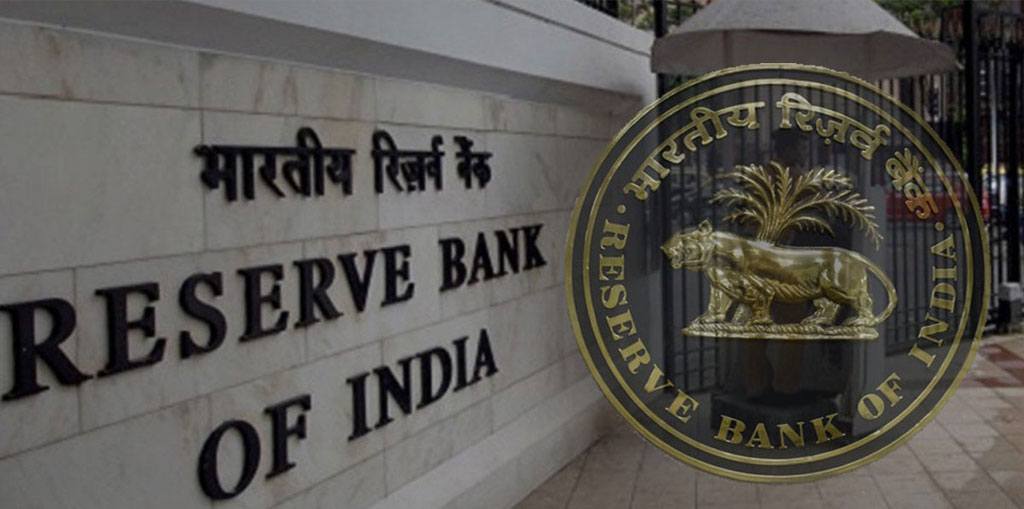
Understanding the RBI's Consumer Education and Protection Department
Explore the role of the RBI's Consumer Education and Protection Department in safeguarding banking consumers, promoting awareness, and resolving grievances efficiently.
Are you facing issues with your bank or NBFC? At RBI Complaint, we are dedicated to helping you file grievances with the Reserve Bank (RBI) and ensuring that your concerns are addressed promptly and effectively. Whether you're dealing with unfair banking practices, loan disputes, or unauthorized transactions, our expert team is here to guide you through the complaint process and secure the resolution you deserve.


Navigating the complexities of banking regulations can be challenging. Our team of experienced professionals specializes in helping you lodge complaints with the RBI against any Regulated Entity, ensuring that your voice is heard and that you receive a fair resolution to your banking issues.

We understand that financial disputes with commercial banks and System Participants can be stressful. That's why we offer a full range of services to address your specific needs, from banking service complaints to issues with credit cards and loans. Our goal is to make the complaint process as smooth and efficient as possible.

Facing issues with your bank’s services? Whether it’s delays in transactions, poor customer support, or other service-related problems, we help you file a complaint and get your issue addressed through the RBI’s grievance redressal system.

Tired of rude staff, long wait times, or unhelpful responses from your bank or NBFC? We assist you in raising a complaint with the RBI to ensure your customer service concerns are properly acknowledged and resolved.

Dealing with unauthorized charges, billing mistakes, or disputes on your credit card? We guide you in filing a complaint under the RBI’s Integrated Ombudsman Scheme to protect your financial rights and get fair resolution.

Victim of credit card fraud or unauthorized use? Our team helps you file a complaint with the RBI and also direct you to the 1930 helpline or Cybercrime Portal for fast action and recovery of your funds.
Successful Resolutions through RBI Complaints
Stay informed with articles written by our team of financial legal experts. Our content covers a wide range of topics, including:
These articles are designed to empower you with the knowledge and resources to protect your financial rights and resolve disputes with banks and NBFCs.
While we specialize in RBI complaints, we also provide guidance on directing your grievance to the appropriate regulator:
Securities Exchange Board of India (SEBI) through their SCORES portal
National Housing Bank (NHB) through their GRIDS system
Insurance Regulatory Development Authority (IRDA)
Pension Fund Regulatory Authority (PFRDA)
You can always email us or reach out through our contact form if you need assistance determining which regulator to approach for your specific issue.
These articles are designed to empower you with the knowledge and resources to protect your financial rights and resolve disputes with banks and NBFCs.

Explore the role of the RBI's Consumer Education and Protection Department in safeguarding banking consumers, promoting awareness, and resolving grievances efficiently.

The Reserve Bank of India (RBI) enforces strict guidelines to protect borrowers from harassment by loan recovery agents. Understand these regulations and your rights as a borrower.

Facing issues with your bank manager? Learn how to file a complaint effectively, understand your rights, and the steps to resolve banking disputes quickly.